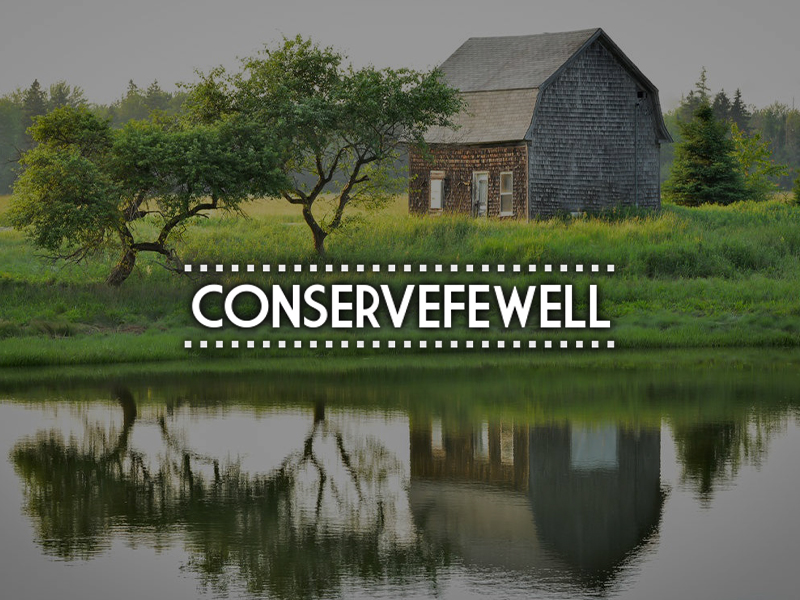By Brent Fewell
This is where I think so many environmentalists go so terribly wrong. David Roberts over at Grist, who I think is a fairly smart fellow, couldn’t be more wrong in the way he views and discusses environmental problems, such as climate change. In an article titled, We are Consigning Hundreds of Coastal Cities to Destruction. Who Cares?, David laments:
Humanity’s difficulties dealing with climate change trace back to a simple fact: We are animals. Our cognitive and limbic systems were shaped by evolution to heed threats and rewards close by, involving faces and teeth. That’s how we survived. Those systems were not shaped to heed, much less emotionally respond to, faceless threats distant in time and space — like, say, climate change. No evil genius could design a problem less likely to grab our attention.
David, give yourself and us more credit dude. If you were but a mere animal, you wouldn’t even be talking about futuristic threats, let alone seeking to understand, communicate and address the underlying causes. You’d be out there wilding it up, club in hand, knocking down and skewering whatever tasty crossed your path. It is because we are human – not animals – that we have the capacity, intellectual and institutional, and moral obligation to understand and fix environmental problems.
Unfortunately, it is screed like this that causes so many of us humans to respond in a fashion differently than David desires. David may, in fact, be right about those cities and future consequences of a dynamic natural system. But I look at the potential harm in terms of the human lives and costs to families and communities that could be disrupted by rising seas – not those poor displaced animals who will be compelled by instinct to locate to another den or cave to bed down their young.

